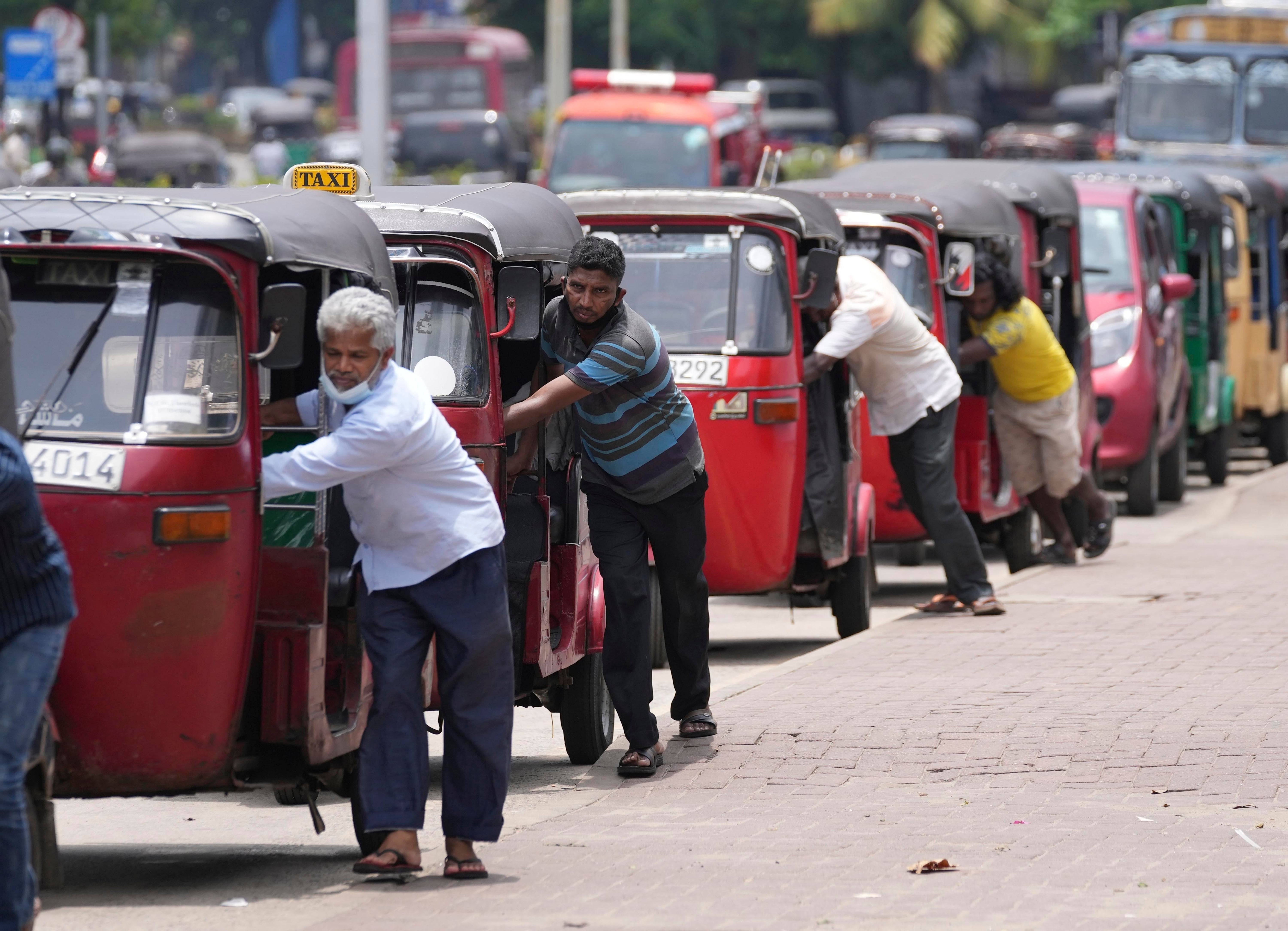Desperate Sri Lanka pleads with Moscow to pay for Russian fuel on credit
The country also wants the Kremlin to resume flights between Moscow and Colombo

Your support helps us to tell the story
From reproductive rights to climate change to Big Tech, The Independent is on the ground when the story is developing. Whether it's investigating the financials of Elon Musk's pro-Trump PAC or producing our latest documentary, 'The A Word', which shines a light on the American women fighting for reproductive rights, we know how important it is to parse out the facts from the messaging.
At such a critical moment in US history, we need reporters on the ground. Your donation allows us to keep sending journalists to speak to both sides of the story.
The Independent is trusted by Americans across the entire political spectrum. And unlike many other quality news outlets, we choose not to lock Americans out of our reporting and analysis with paywalls. We believe quality journalism should be available to everyone, paid for by those who can afford it.
Your support makes all the difference.Sri Lanka’s president Gotabaya Rajapaksa has urged his Russian counterpart Vladimir Putin to supply his island nation with fuel on credit as it faces its worst economic crisis in about 70 years.
Due to its financial troubles, Sri Lanka has struggled to import essentials such as medicine, food, and fuel – which has led to severe shortages, blackouts, and runaway inflation.
Earlier this week, Sri Lanka extended a shutdown of schools for another week and has asked all public sector employees to work from home as petrol and diesel supplies have almost run out.
In order to tide itself over during the crisis, the island has bought oil from Russia and is now suggesting that it could buy more.
Sri Lanka bought around 90,000 tonnes of Siberian crude in May through an intermediary in Dubai – while the US and the European Union imposed embargoes on Russian oil over its ongoing invasion of Ukraine that was launched on 24 February.
But Sri Lanka has run out of money to buy more.
Mr Rajapaska tweeted that he had “a very productive telecon” with Putin, during which he asked the Russian president for help with fuel and to send tourists to help rescue Sri Lanka’s ailing economy.
He said he had “humbly” requested that the Kremlin resumes flights between Moscow and Sri Lankan capital Colombo.
Last month, Russian state-owned airline Aeroflot suspended flights from Russia to the island after a Sri Lankan court briefly detained an Airbus over a payment dispute.
Before Putin launched his invasion, Russia and Ukraine were among the main sources of tourists for Sri Lanka.
Tourists from other countries have been limited after European nations, Australia and the US advised their citizens to avoid travelling to Sri Lanka because of its worsening economic situation.
After his talk with Putin, Mr Rajapaska also said: “We unanimously agreed that strengthening bilateral relations in sectors such as tourism, trade & culture was paramount in reinforcing the friendship our two nations share.”
Meanwhile, Sri Lankan tourism minister Harin Fernando said that the country must attract more visitors in order to help ease its troubles.
“Sri Lanka must have tourism revenue if it is to emerge from this crisis. That is essential,” he said.
The island has welcomed 61,951 Indian tourists – the most from any foreign country – in the first five months of 2022.
Mr Fernando said he hoped the country would end the year with about one million tourists, compared to less than 200,000 arrivals last year, and said that the Sri Lankan government “are confident the winter season will be good.”
Sri Lanka is facing its worst economic downturn since it gained independence from Britain in 1948.
The government defaulted on its $51 billion (£43bn) foreign debt in April and is in bailout talks with the International Monetary Fund.




Join our commenting forum
Join thought-provoking conversations, follow other Independent readers and see their replies
Comments